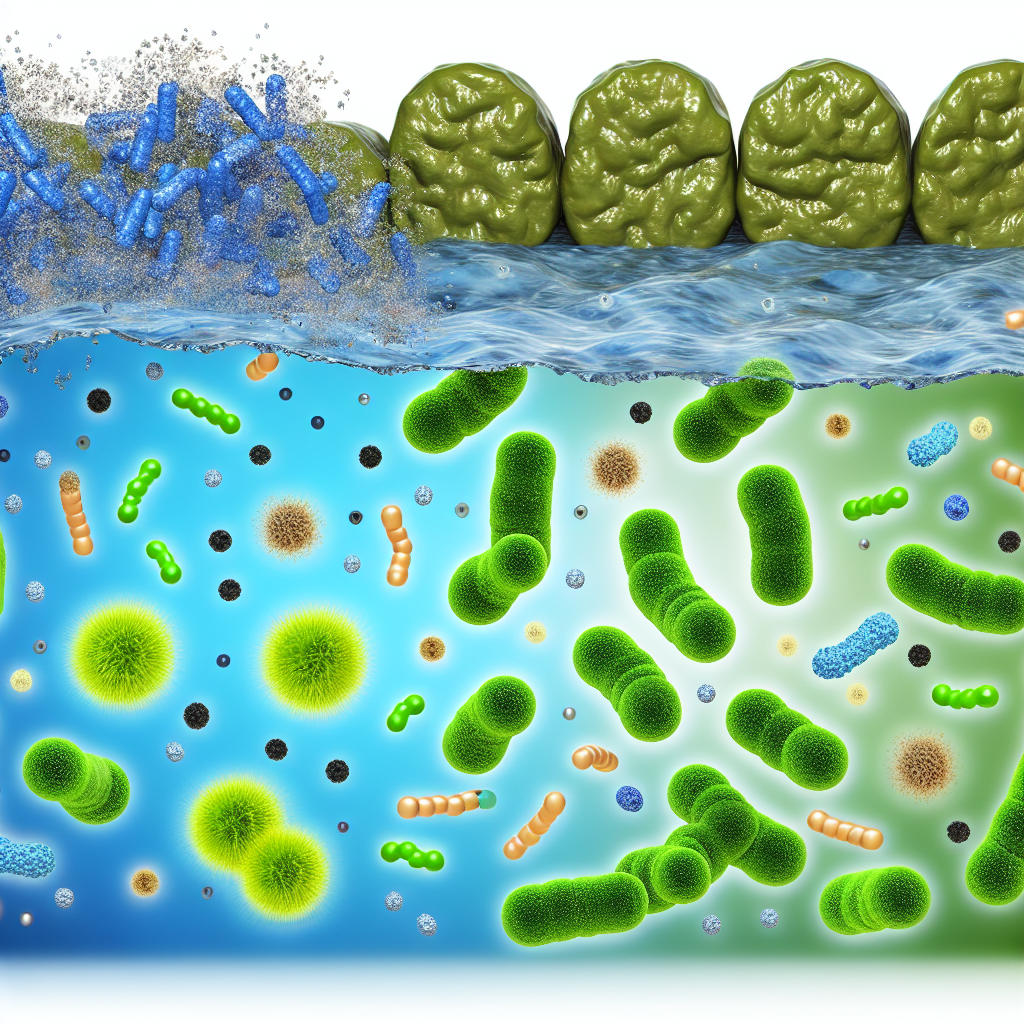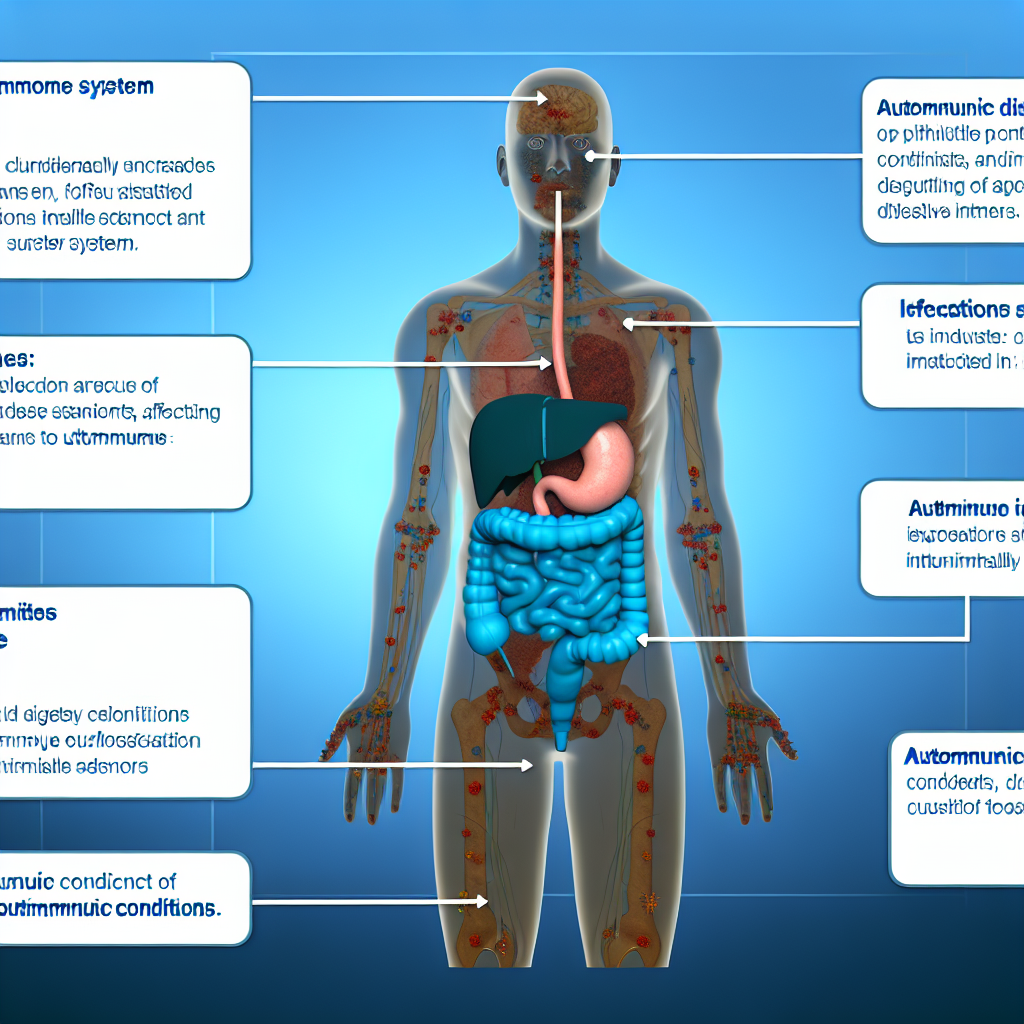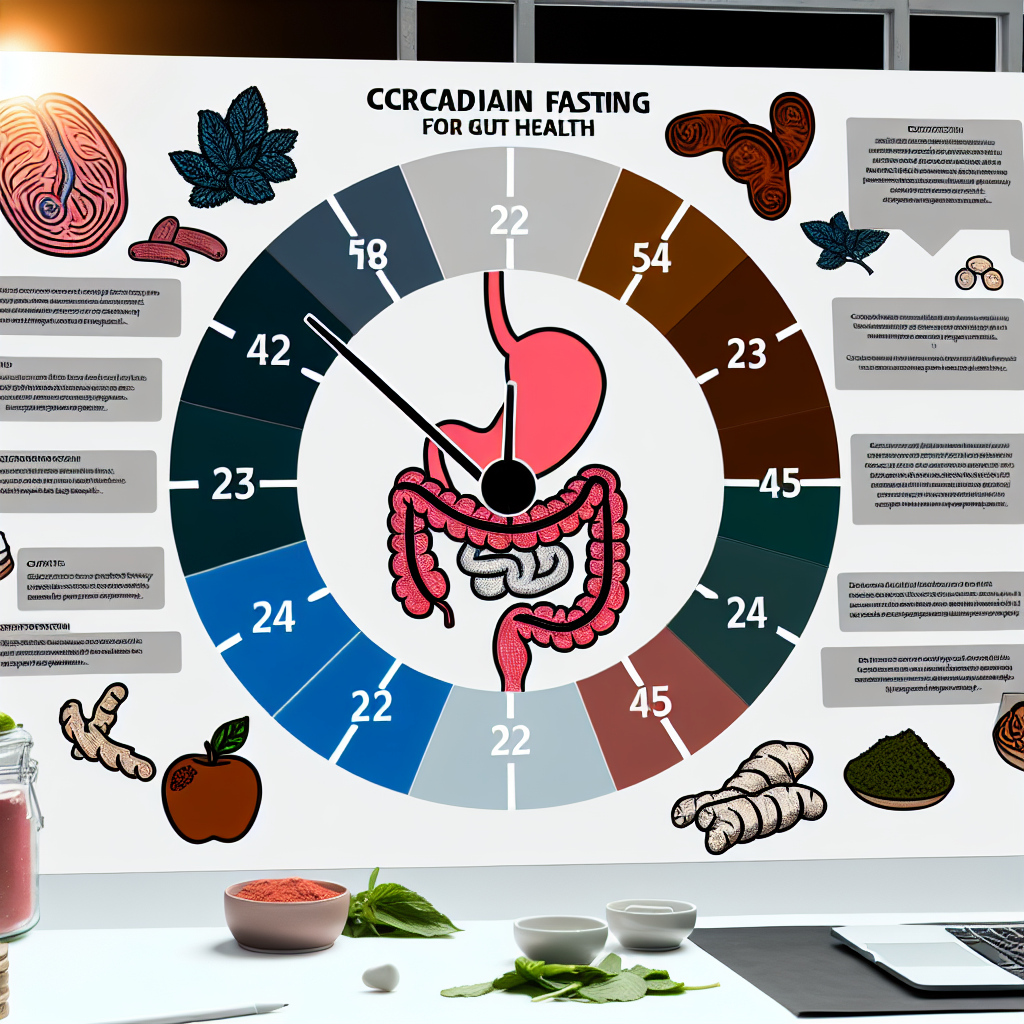Water Quality and Gut Flora: How Contaminants Disrupt Digestive Balance
Discover how the water you drink could be impacting your gut health—and what you can do to protect your digestive system.
The Hidden Link Between Water and Gut Health
In recent years, there has been growing interest in understanding the human gut microbiome—an ecosystem of trillions of microorganisms living in our digestive system. These microorganisms play an essential role in maintaining not only digestive health but also immune function, neurological health, and inflammation regulation.
With the rise in gut-related disorders such as irritable bowel syndrome (IBS), small intestinal bacterial overgrowth (SIBO), and inflammatory bowel disease (IBD), many individuals are seeking natural methods to nurture a healthy gut, including through diet, herbal remedies, and probiotics.
However, overlooked in many discussions about gut health is the critical influence of water quality. Water is a fundamental component of human physiology and plays an integral role in digestion, nutrient absorption, and overall bodily function. But what happens when the water we drink is contaminated with chemicals, heavy metals, pathogens, or even residual pharmaceuticals? The consequences can be profound.
Recent research has begun to uncover the potential for compromised water quality to alter the delicate balance of the gut microbiome, triggering inflammation, encouraging dysbiosis (microbial imbalance), and contributing to gastrointestinal disease.
Toxins in Tap Water: How Chemical Contaminants Harm Your Gut
Water contaminants such as chlorine, lead, nitrates, arsenic, and antimicrobial residues are widely present in many municipal and private water systems. While regulatory bodies set limits for these substances, even levels considered “safe” by standard guidelines may have negative consequences for the sensitive microbial communities in the human gut.
For example:
– Chlorine, commonly used as a disinfectant in drinking water, has antimicrobial properties that may harm beneficial gut bacteria when consumed over time.
– Heavy metals like lead or arsenic can be toxic to both humans and gut microbes, potentially leading to microbial imbalances linked to chronic disease.
– Pharmaceutical residues such as antibiotics and hormones have been detected in drinking water and may influence gut flora, promoting antibiotic resistance and hormonal disruption.
Microbial Threats: How Waterborne Pathogens Disrupt Digestive Harmony
The role of waterborne pathogens such as E. coli or Giardia adds another dimension of risk. These organisms not only cause acute gastrointestinal illness but can also have lasting effects on the gut microbiome’s composition. In some cases, infections lead to:
– Long-term digestive issues
– Autoimmune conditions
– Increased vulnerability to future infections
Gut flora disruption may persist well after the pathogen is cleared, especially in individuals with weakened immunity or preexisting gut issues.
Scientific Research Spotlight: What the Experts Are Saying
A growing body of scientific literature supports the connection between water contaminants and alterations in gut microbial composition:
– **Frontiers in Microbiology (2020)**: Chronic low-level arsenic exposure significantly altered the gut microbiota of mice, reducing diversity and increasing harmful bacteria like Proteobacteria. [Study Link](https://www.frontiersin.org/articles/10.3389/fmicb.2020.00570/full)
– **Journal of Hazardous Materials (2021)**: Found that microplastics in drinking water disrupt gut barrier integrity and serve as carriers for harmful bacteria and chemicals. [Study Link](https://www.sciencedirect.com/science/article/abs/pii/S030438942033891X)
– **Environmental Health Perspectives (2017)**: Highlighted health risks associated with disinfectant byproducts like THMs and HAAs, linking them to gastrointestinal issues. [Study Link](https://ehp.niehs.nih.gov/doi/10.1289/EHP1295)
– **Water Research (2022)**: Demonstrated how antibiotic and pharmaceutical residues in water affect microbiome stability and encourage resistance. [Study Link](https://www.sciencedirect.com/science/article/pii/S0043135422001100)
Natural Solutions: How to Protect Your Microbiome from Waterborne Damage
Thankfully, there are several strategies you can adopt to minimize the effects of water contaminants on your gut:
1. Use Quality Filtration Systems
Invest in a multi-stage water filter capable of removing:
– Heavy metals
– Chlorine and chloramine
– Pesticides and herbicides
– Pharmaceutical residues
Reverse osmosis systems and activated carbon filters are often effective options.
2. Incorporate Gut-Healing Herbs
Medical herbalists recommend specific botanicals known to:
– Soothe the gut lining
– Support microbiome balance
– Mitigate inflammation
Some notable herbs include:
– Berberine – Improves microbial balance and fights inflammation. [Study Link](https://www.ncbi.nlm.nih.gov/pmc/articles/PMC2410097/)
– Slippery Elm – Coats and heals the intestinal lining.
– Aloe Vera – Reduces irritation in the digestive tract and promotes bacterial diversity.
3. Follow a Gut-Friendly Diet
Support your microbiome with a nutrient-rich diet that includes:
– Fermented foods (e.g., kefir, kimchi, kombucha)
– Prebiotic-rich vegetables (e.g., garlic, onions, leeks, asparagus)
– Omega-3 fatty acids to reduce inflammation
– Minimized processed food and sugar, which encourage pathogenic overgrowth
Final Thoughts: Prioritize Your Water for Total Gut Wellness
The quality of the water we drink plays a far more critical role in gut health than previously assumed. Whether through chemical contaminants, microbial toxins, or industrial pollutants, compromised water can alter gut flora, disrupt digestive processes, and predispose individuals to chronic gut-related conditions.
Fortunately, by understanding this connection and taking proactive steps—including water filtration, herbal support, and mindful dietary choices—you can protect and restore your digestive health naturally.
As we explore holistic approaches to wellness, considering water quality as part of our gut health strategy is not just advisable—it’s essential.
**Summary:**
Contaminated water can disrupt the delicate balance of the gut microbiome, leading to inflammation, dysbiosis, and gastrointestinal issues. By using quality water filters, incorporating gut-healing herbs, and following a nutrient-rich diet, you can protect your digestive health and promote overall wellbeing.
**References:**
– [Frontiers in Microbiology. “Gut microbiota dysbiosis induced by arsenic exposure.”](https://www.frontiersin.org/articles/10.3389/fmicb.2020.00570/full)
– [Journal of Hazardous Materials. “Microplastics alter gut microbiota integrity.”](https://www.sciencedirect.com/science/article/abs/pii/S030438942033891X)
– [Environmental Health Perspectives. “Disinfectant byproducts and gastrointestinal symptoms.”](https://ehp.niehs.nih.gov/doi/10.1289/EHP1295)
– [Water Research. “Pharmaceutical residues in drinking water: Emerging microbial risks.”](https://www.sciencedirect.com/science/article/pii/S0043135422001100)
– [NCBI. “Berberine in gastrointestinal and systemic health.”](https://www.ncbi.nlm.nih.gov/pmc/articles/PMC2410097/)

Dominic E. is a passionate filmmaker navigating the exciting intersection of art and science. By day, he delves into the complexities of the human body as a full-time medical writer, meticulously translating intricate medical concepts into accessible and engaging narratives. By night, he explores the boundless realm of cinematic storytelling, crafting narratives that evoke emotion and challenge perspectives.
Film Student and Full-time Medical Writer for ContentVendor.com



